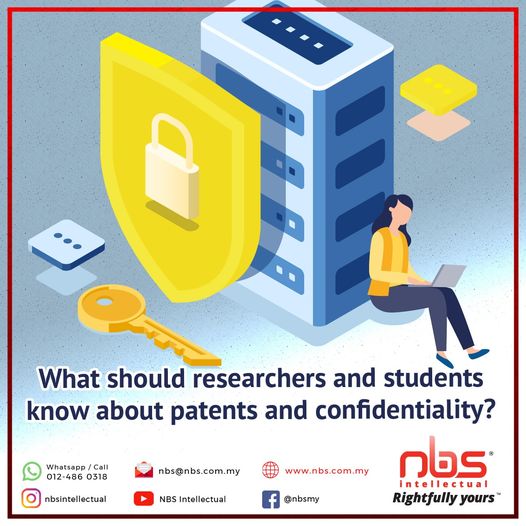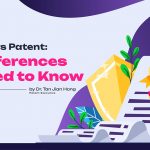In order to be patentable, an invention must, among other things, be novel. If a researcher or student publicly discloses information about his/her invention before filing a patent application, such disclosure could have the effect of barring the invention from being patented. This is because many countries adopt the so-called universal novelty requirement, which means that information that is published or otherwise made available to the public in any country of the world before the patent application is filed may destroy the novelty of the invention.
For example, the following disclosures of the key features of the invention prior to filing a patent application may prevent you from obtaining a patent:
• disclosure at an international exhibition;
• disclosure in a journal, book, poster or other publication;
• disclosure via a website or other electronic means;
• disclosure through oral presentation; and
• disclosure to someone (for example, a potential investor) who is not under an obligation to keep the information confidential.
However, many countries allow for a grace period – usually between 6 and 12 months – which provides a safeguard for applicants who have disclosed their inventions before filing a patent application. In such countries, if the inventor or his/her successor in title publicly discloses his/her invention but then files a patent application claiming that invention within the grace period, such public disclosure will not affect the determination of novelty of the claimed invention. There are different ways of disclosing an invention, as indicated above, and the types of disclosure covered by the grace period differ from one country to another: in some countries, only very limited types of disclosure can be safeguarded.
In general, non-confidential disclosure of an invention before filing of the relevant patent application should be avoided. If disclosing the invention before filing a patent application is unavoidable – for example, to a potential investor or a business partner – then any disclosure should be accompanied by a confidentiality or non-disclosure agreement. If an inventor wishes to publish her/his research results, it is advisable to delay the publication until patent applications are filed.
Universities and PRIs should ensure that all stakeholders concerned, whether employees, visiting researchers, outside collaborators or students, are aware of the confidentiality issues related to their activities, along with the opportunities arising from their own and the institution’s IP. An IP policy should provide clear rules for them regarding disclosure and confidentiality, as well as model non-disclosure agreements.







Comments are closed.